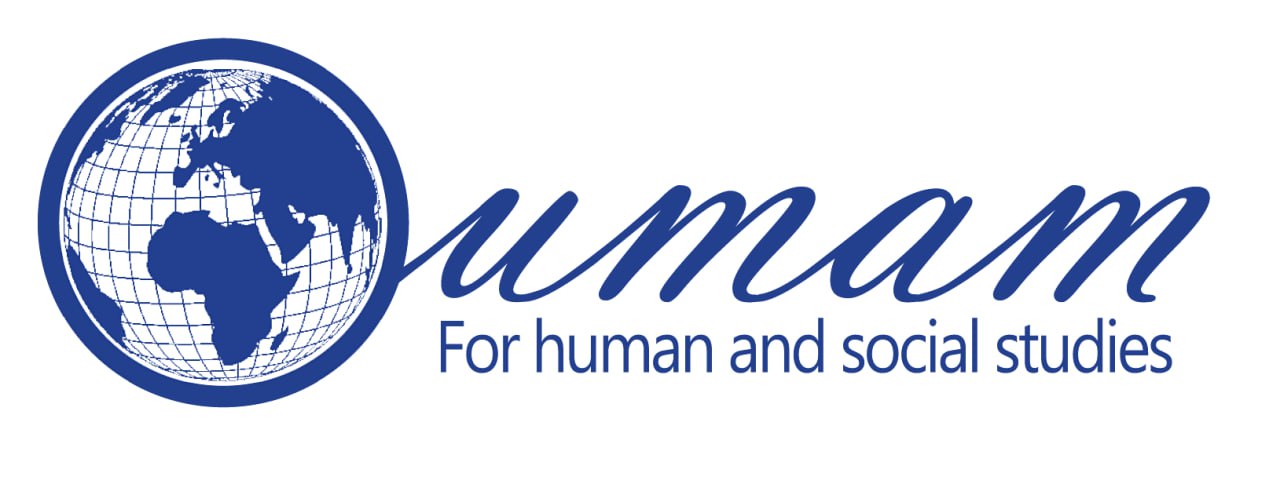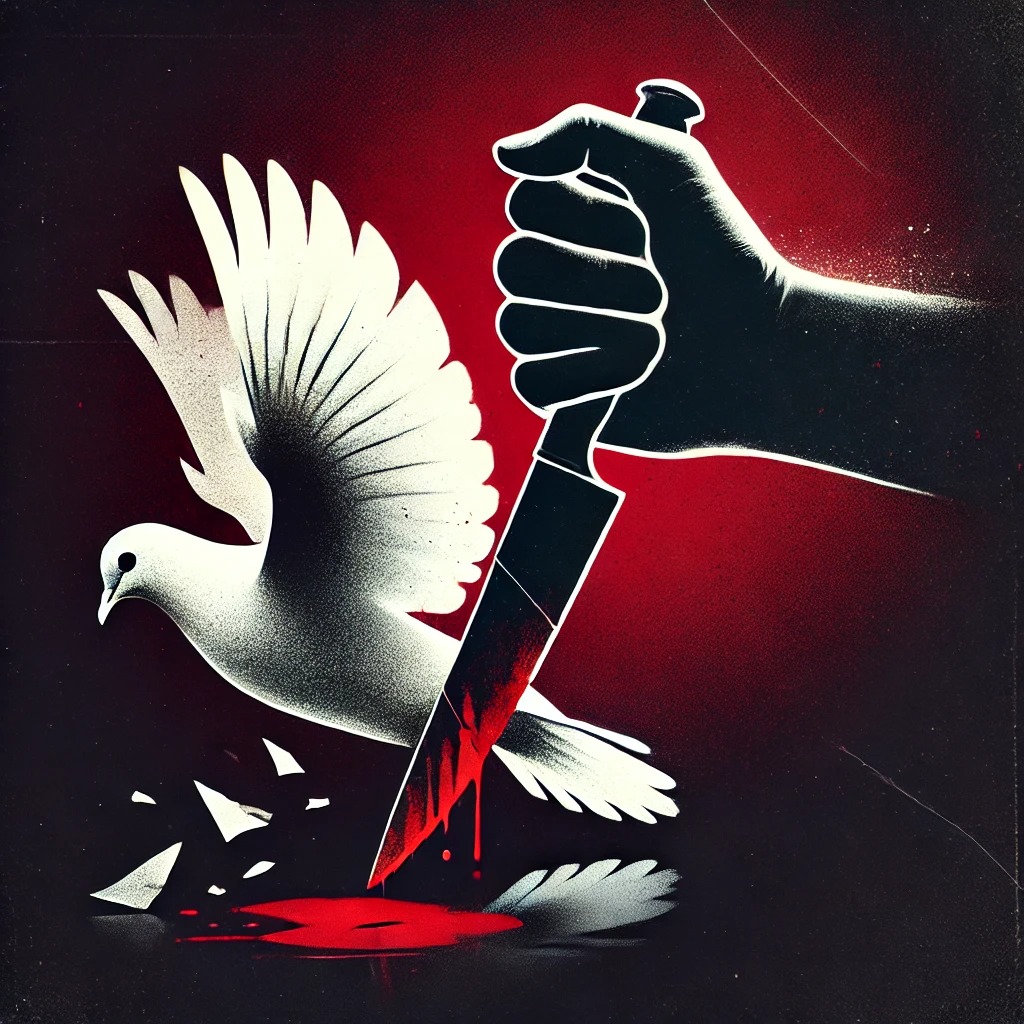firstly because the act of killing was strongly linked to the political and philosophical transformations witnessed in the modern stage, through which the concepts of the state and sovereignty were rebuilt. Secondly, and this is specific to post-modern philosophy, because the act of killing is criticized for causing actions that go beyond the modern conception of killing in life, such as issues related to mutilation, disability, and death. This is what made philosophers confront it with analysis and criticism, especially since it came accompanied by violence after the entire world had settled that contemporary life was dominated by peace and security. But it turns out that the idea of security that the state - as the holder of power - seeks to ensure, at the same time conceals a killing different from that which existed before. If killing was previously in exchange for life, that is, to defend life, then life itself in the contemporary understanding, as Michel Foucault shows, is what drives death.
To achieve what we were aiming for, we asked the following questions: What is killing and what is its relationship to death? How can we find the moral commandment in prohibiting killing? Can we make a philosophical argument against killing?





Comments